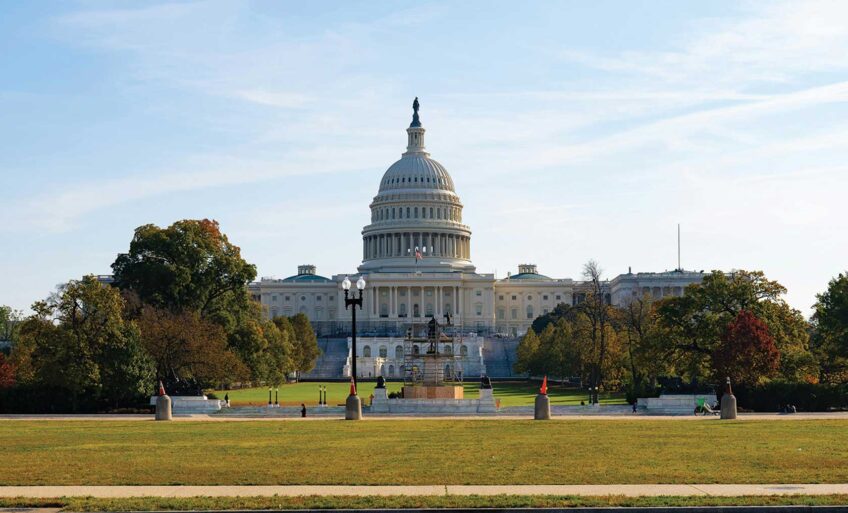Party ending for the tea party?
There are two things that have distinguished the tea party. With the help of an awestruck, fawning media, it has been able to harness public disaffection with Washington beltway politicians and a large segment of white conservative anger and loath of President Obama’s policies. The second thing is it has been able to con the same media and much of the public into thinking that it had all the makings of a majority party that would permanently rearrange the political landscape. This was never the case.
The August Gallup poll and other surveys that show that the tea party engenders far more negative feelings among Americans than positive feelings again confirm that. The tea party’s prime constituents have always been mostly Deep South, and Heartland, white middle to lower income voters. But this should never have surprised. The tea party demographic mimicked the GOP’s prime voter demographic in every election since 1980 that helped assure victory for Reagan, Bush Sr. and George W. Bush. Before that they were the anchor of Nixon’s Southern Strategy.
The tea party proved useful shock troops for mainstream GOP leaders after Obama’s smash win in 2008 to reenergize their traditional supporters and refocus the national debate on the GOP’s stock themes, fiscal austerity, damp down of government spending, and the continued rhetorical assault on the “liberal agenda.” The tea party did one more thing that GOP mainstream leaders could not do. And that was to inflame many whites with borderline and even open racial pitches, appeals and code words.
Obama’s race and perceived liberal to moderate pronouncements made him the perfect foil to be racially mocked, demeaned, ridiculed and baited. The Gallup poll reconfirmed that blacks were far more hostile to the tea party than whites. But now that has changed with tea party support dipping to its all time low among all groups, again with the sole exception of the white South.
The soaring disaffection with the tea party among former sympathizers is a textbook case of a group badly overplaying an advantage. Polls repeatedly show that the majority of Americans want Congress and the Obama administration to work in tandem to solve the big ticket problems of the economy, joblessness and debt reduction. But they want them to do it in a responsible way without the relentless carping, sniping, bickering, finger pointing and political gamesmanship that have been the trademark of the GOP egged on by the tea party. The same polls show that the majority of voters want the GOP and Obama to cooperate and hammer out an agreement on all or part of Obama’s jobs plan that will jumpstart a tattered economy.
The budget and deficit ceiling fight that fractured Congress for months, and the relentless threat to decimate legions of education, health, social service and law enforcement programs locally and nationally was the final straw that turned numbers of tea party sympathizers into opponents. Tea party darlings Michelle Bachman and Texas Gov. Rick Perry’s perceived threat to gut Social Security, Medicare and Medicaid has struck deep fear into millions who depend on and even cherish these programs.
The low opinion they have of that was glaringly evident when Perry branded Social Security “a ponzi scheme.” The reaction was swift and angry. In a poll by the online investment newsletter “The Street,” the overwhelming majority of respondents flatly denounced the notion that Social Security was a rip-off. Perry and Bachman and tea party leaders’ shouts about knocking down big government all of a sudden take on a different sound when it comes to these programs.
Even some tea party leaders realize they walk a fine and dangerous political line by continuing to overreach. On the eve of the joint CNN and Tea Party Express sponsored GOP presidential candidates debate in New Hampshire, Matt Kibbe, president of Freedom Works flatly warned that a hardline dig the heels in the sand position on political ideals could be the tea party’s “Achilles heel” in the presidential election. This would totally alienate moderate to conservative independents that they got back in the GOP fold in the November midterm elections, and need to keep in the fold to have a fair chance at beating Obama in 2012.
It’s too soon to write an epitaph for the tea party. There are still millions that, despite the consequences of the line-in-the-sand the tea party has drawn, still think the idea of smaller government, caps on spending and debt reduction are noble goals that they’ll go to the barricades to fight for. Many others simply cannot under any circumstances stomach another four years of an Obama administration. But the polls are a telling warning that the days of being the centerpiece of the nation’s political party for the tea party are fast coming to a close.
Earl Ofari Hutchinson is an author and political analyst.






